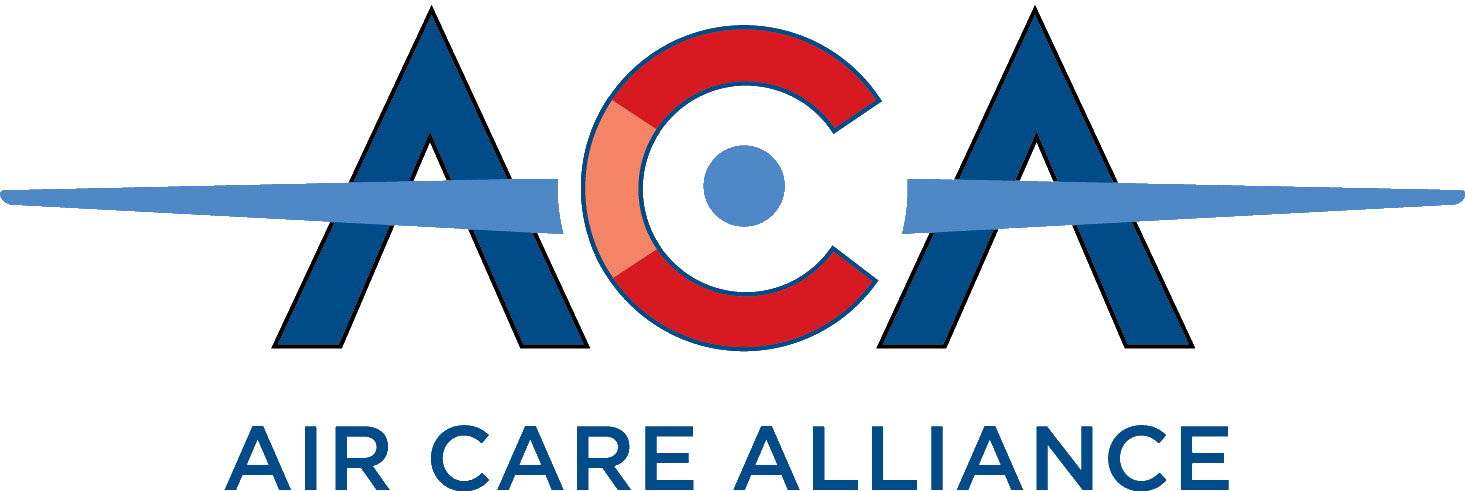Hot topics affecting charitable aviation
What's happening?
The coronavirus pandemic presents new challenges to volunteer pilots and organizations. Air Care Alliance encourages pilots and organizations to be aware of the risks involved in operating flights at this time and to exercise best practices to minimize them. Please review the information and resources available at the link below carefully and thoroughly.
What's happening?
January 1st, 2020 the FAA's ADS-B mandate goes into effect. ADS-B uses GPS instead of ground-based radar to determine aircraft position, and is now required for operations in airspace where transponders are required.
Why it Matters
Volunteer Pilots who use call signs such as the CMF Compassion call sign, NGF Angel Flight or ARF Animal Rescue call signs need to make sure their ADS-B out is broadcasting exactly what's indicated in the Flight ID of their flight plan. The FAA intends to start tracking and reporting mismatches. This means that a pilot-programmable ADS-B will be required for use of call signs in designated airspace.
Don't despair.
Some volunteer pilots are concerned that their ADS-B transponders are not, or do not seem to be, programmable with a call sign different from their N-numbers.
Actually most ADS-B transponders, except for some early ones, can be programmed. But many of those had a default setting that did not enable the programming function to work. In that case the unit can have the default changed by any avionics shop to permit the pilot to program the unit with the assigned CMFnnnn call sign.
This is an education issue and pilots are encouraged to check with their avionics shop about enabling the function.
Additional Resources
What's Happening?
Catastrophic natural disasters in recent years have brought out many good-intentioned people who want to help. A community's airport is often the only lifeline to outside help and pilots are always among the first to volunteer.
There is definitely more demand for volunteer pilots than there is supply and if you want to volunteer, you’ll be welcomed with open arms. However, it’s imperative that you know the rules regarding volunteer flying before you begin and that includes regulations involving compensation.
Why it Matters
Volunteer pilots and charitable aviation organizations are doing good works by making flights, but we are still obligated to comply with the federal aviation regulations.
An accident by a regulation-breaker means adverse publicity for public benefit flying, attendant scrutiny by the FAA and NTSB—and, potentially, even tougher regs for volunteer flying. Ignorance could buy you an FAA violation and a denial of insurance coverage should you have an accident.
Additional Information
Listen to ACA's own Rick Durden discuss keeping it legal while flying to help others in this podcast from AOPA's Pilot Protection Services.
And read Rick's article here:
Flying to Help Others - Keeping it Legal
